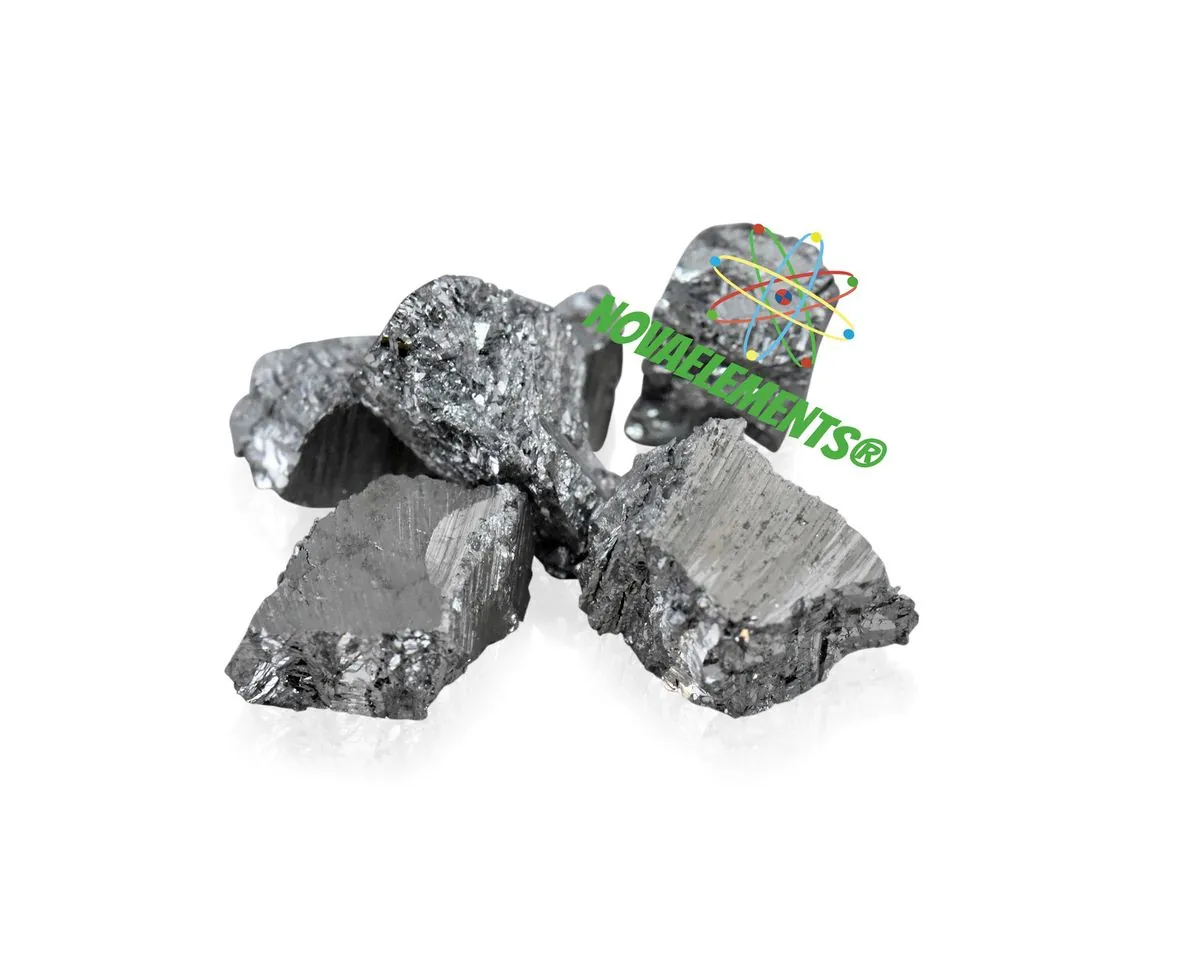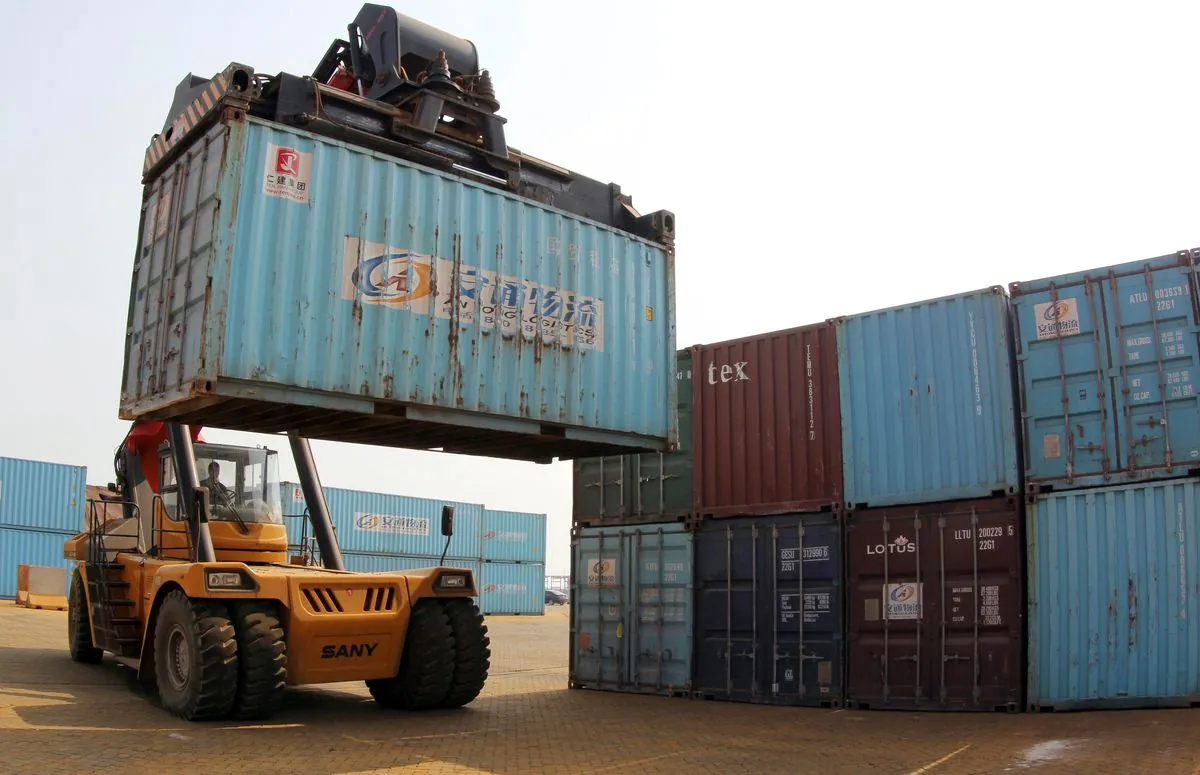China Imposes Export Limits on Strategic Metal Antimony
China announces restrictions on antimony exports, citing national security. The move impacts global supply of this critical metal used in military and civilian applications, potentially affecting U.S. and European industries.

China has announced plans to implement export restrictions on antimony and related products, citing national security concerns. This decision, set to take effect on September 15, 2024, marks a significant development in the global trade of critical minerals.
China currently dominates the antimony market, accounting for 48% of global mined output as of 2023. Antimony, a strategic metal, plays a crucial role in various military and civilian applications. It is used in the production of ammunition, infrared missiles, nuclear weapons, and night vision goggles. Additionally, antimony finds applications in batteries and photovoltaic equipment.
The Chinese Commerce Ministry stated that the restrictions aim to "safeguard national security and interests, and fulfil international obligations such as non-proliferation." This move is part of a broader trend of China limiting exports of critical minerals, following similar restrictions on rare earth magnets, graphite, gallium, and germanium.

Christopher Ecclestone, a principal and mining strategist at Hallgarten & Company in London, commented on the situation: "It's a sign of the times. The military uses of Sb (antimony) are now the tail that wags the dog. Everyone needs it for armaments so it is better to hang onto it than sell it. This will put a real squeeze on the U.S. and European militaries."
The restrictions cover six types of antimony-related products, including ore, metals, and oxides. Additionally, the export of gold antimony smelting and separation technology without permission is now prohibited. Exporters of affected products must apply for licenses for dual-use items and technologies.
This development has significant implications for the global antimony market. Prices of antimony reached record highs in 2024, driven by tight supply and growing demand, particularly from the photovoltaic sector. The announcement has already impacted Chinese antimony producers, with companies like Hunan Gold, Tibet Huayu Mining, and Guangxi Huaxi Non-Ferrous seeing substantial increases in their share prices.
While China is the largest supplier of refined antimony, it relies on imports of concentrates from countries such as Thailand, Myanmar, and Russia. Jack Bedder, co-founder of consultancy Project Blue, noted that "A lack of concentrate feedstock remains the key feature of the antimony market at present."
The global implications of this move are significant. Antimony, discovered in ancient times, has a wide range of applications beyond military use. It is utilized in flame retardants, batteries, plastics, and semiconductors. The element also has medical applications, being used in treatments for parasitic infections.
As countries worldwide scramble to reduce their reliance on China for critical materials, this latest restriction adds to the complexity of global supply chains. The impact on industries ranging from electronics to healthcare could be substantial, potentially leading to increased prices and supply chain disruptions.
"We believe in the short term prices should be supported by a wave of rush stockpiling from overseas buyers."
This development underscores the growing importance of diversifying supply chains for critical minerals and the need for countries to develop alternative sources of these essential materials. As geopolitical tensions continue to influence trade policies, the global market for strategic metals like antimony is likely to face ongoing challenges and uncertainties.


































